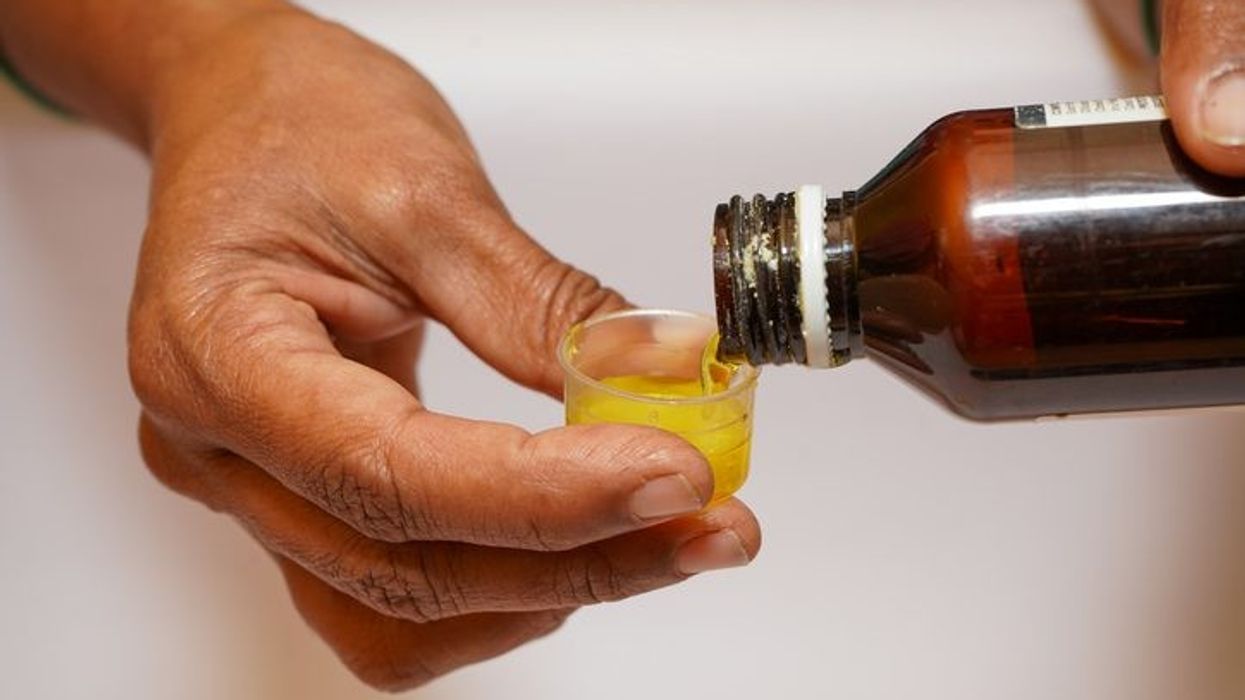The World Health Organization (WHO) has announced that a company from India has produced contaminated cough syrup that has been discovered in the Marshall Islands and Micronesia.
Last year, child deaths were associated with other cough syrups in some countries. The WHO statement did not provide information about whether children in the Marshall Islands or Micronesia had become ill.
However, it revealed that samples from a batch of cough syrup imported and sold under the name "Guaifenesin syrup TG syrup" contained diethylene glycol and ethylene glycol. These substances are dangerous to humans if ingested in excessive amounts and can lead to fatal consequences.
The contamination was identified by Australia's regulator, the Therapeutic Goods Administration (TGA).
The new alert follows three similar warnings issued last year by the WHO about contaminated cough syrups for children. These syrups, made by different manufacturers in India and Indonesia, have been linked to the deaths of more than 300 children – mainly aged under 5 – from acute kidney injury in Gambia, Indonesia and Uzbekistan.
The stated manufacturer of the medicines in the latest alert was India's QP Pharmachem Ltd, based in Punjab and the marketer of the product was Trillium Pharma, based in India's Haryana, the WHO said.
Neither QP Pharmachem nor Trillium have provided guarantees to WHO on the safety and quality of these products, the agency said in the statement.
QP Pharmachem's managing director Sudhir Pathak told Reuters that it had tested a sample from the exported batch following a recent query from the local state drug regulator.
"We found it satisfactory and the regulator found it satisfactory too," he said.
Pathak also said the product is distributed in India too and the company has not received any complaints so far.
Pathak said QP Pharmachem had permission from the Indian government to export 18,000 bottles of the syrup only to Cambodia. It was unclear how the product ended up in the Marshall Islands and Micronesia.
Trillium Pharma did not immediately respond to a request for comment.
The WHO said countries needed to step up surveillance to find more contaminated products.
Its head of substandard medicines, Rutendo Kuwana, told Reuters earlier this month that it was working with countries to help test medicines when asked to do so, after issuing a global call to action in January to help prevent more deaths.
"We are in the process of trying to collect samples and test them," he said.
(Reuters)





